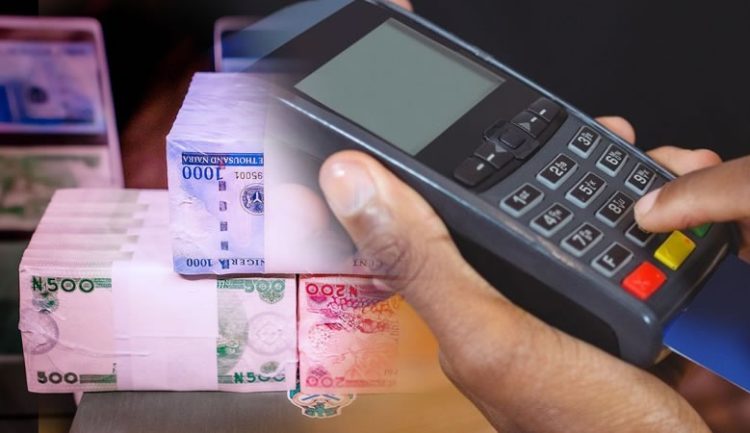Digital payments in Nigeria and other African countries have been projected to rise to $1.5 trillion by the end of this decade.
The projection was contained in the Mastercard-commissioned report by Genesis Analytics.
According to the report, the rise in digital payments will be driven by improved internet penetration and financial inclusion rate.
It noted that Africa’s digital transformation is underpinned by rapid advancements in internet penetration and financial inclusion, two of the fastest-growing enablers of digital payments across the continent. Internet penetration in Africa is projected to grow at a compound annual rate of 20 per cent, while financial inclusion is set to expand at six per cent per year.
The report further pointed out that the trends signal a strong shift towards digital transactions, with businesses and consumers increasingly embracing contactless solutions, further accelerating economic participation and financial accessibility across the region.
President of Eastern Europe, the Middle East and Africa at Mastercard, Dimitrios Dosis, said in a statement that to support this projection, Mastercard would continue to strengthen its commitment to the continent’s digital growth through strategic investments, public-private partnerships, and innovation initiatives that drive financial health and economic growth.
The firm said its investments will focus on three key areas to further accelerate digital adoption and financial inclusion: enabling Africa’s micro, small and medium businesses; empowering Africa’s fintech sector; and scaling remittances and cross-border payments.
“By increasing our investments, expanding innovation, and fostering inclusion, we are helping to build a more connected and accessible digital future,” said.
Division president, Africa, Mastercard, Mark Elliot, said with Africa projected to host nine of the world’s 20 fastest-growing economies, Mastercard was focused on leveraging its expertise and technologies to support the continent’s continued digital transformation.
“Our investments today will help build a more resilient economy for the future,” he stated.








